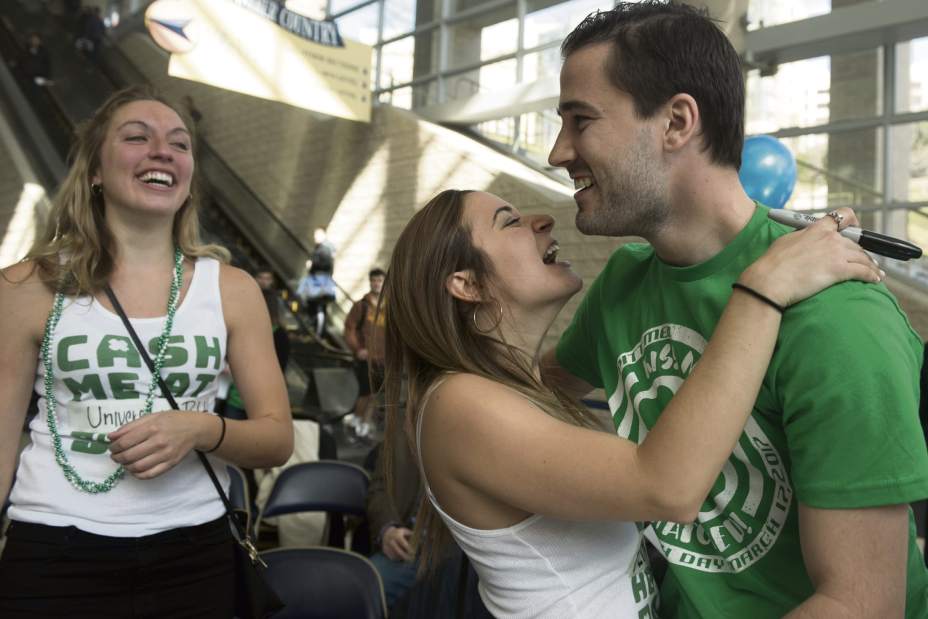Faces of medicine's future: 4 Pitt med school graduates eager to start residencies
The envelopes contained the destiny of 156 graduates of the University of Pittsburgh School of Medicine. The students anxiously gathered Friday inside the Petersen Events Center to learn their residency training location.
At noon, they simultaneously opened their envelopes to a cacophony of cheers, high-fives, hugs and tears. "Don't Stop Believin'" blared in the background.
The fervent drama of Match Day occurs annually when aspiring doctors learn the next chapter of their medical careers. Here's how the matching procedure works: After months of lengthy interviews, applicants and residency programs rank each other, and a computer algorithm determines where the physicians will cultivate their respective crafts.
"It's an exciting and nerve-wracking time," said graduate Sudipta Devanath, 29, who is specializing in internal medicine. "It's gut-wrenching to wait."
Devanath is headed to Yale New Haven Hospital in Connecticut.
"It was my first choice, so I'm thrilled," she said.
Joan Harvey, associate dean of student affairs at Pitt's med school, congratulated the students.
"You've jumped over so many hurdles, worked incredibly hard to earn your job or placement next year," she said. "You should be applauded and celebrated, every single one of you."
The Tribune-Review attended this year's ceremony and talked with four medical students before and after they met their matches.
Nicholas Welko
Age: 28
Hometown: Stow, Ohio
Specialty: General surgery
Residency: University of Louisville Hospital (Kentucky)
Pressing issues in medicine: "For me, it is probably figuring out how to balance cost-effective care with all the new technologies coming out. How can we better manage our new technologies, that are very expensive, and make them more cost effective."
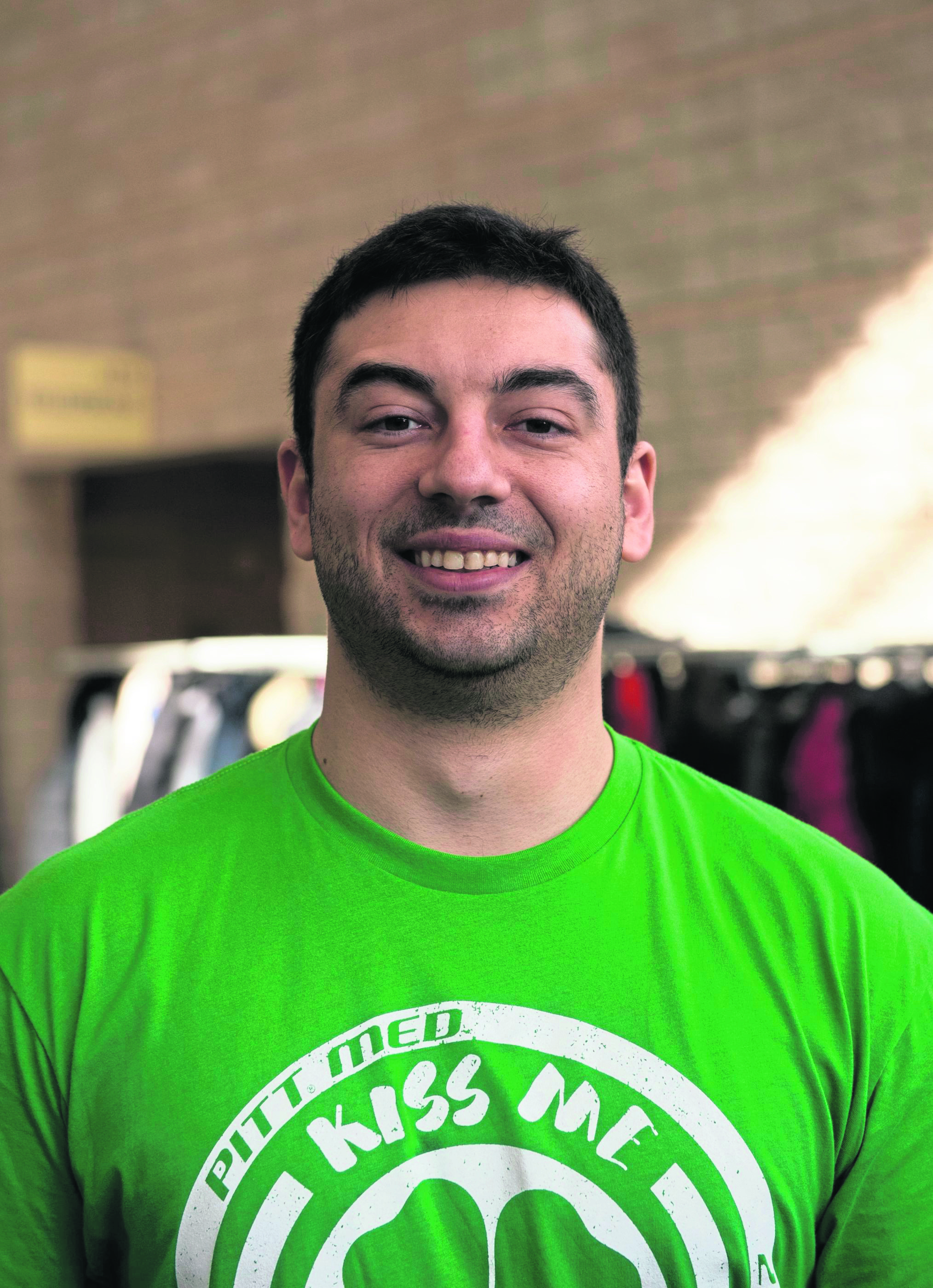
The refrain "Be brave, be brave," kept the young boy strong.
But minutes before going under for neurosurgery, Nicholas Welko, sat up in his hospital bed and shouted, "I don't want to be brave anymore. I want to go home."
Just before his fourth birthday, Welko started suffering from migraines and became sensitive to light and sound. Several times he lost consciousness at preschool.
His father, a critical care doctor in Ohio, identified some of the possible symptoms. Brain scans showed a malignant mass on Welko's brain. The diagnosis was choroid plexus carcinoma, a brain tumor.
"I wasn't old enough to know what was going on, but I knew that things were just out of sorts," he said. "It worried my parents more than it worried me."
Welko spent five days in Nationwide Children's Hospital in Columbus, Ohio, after surgeons removed a tumor from his brain. He made a full recovery. Years of follow-up care sparked his interest in science and a career in medicine. Fast food didn't hurt.
"I remember constant trips in and out of hospitals," he said. "My parents always got me a McDonald's Happy Meal to placate me."
Brain scans and check-ups piqued his curiosity of how the brain worked. He soon started writing elementary school reports about the brain.
"That was really where I fell in love with medicine," he said.
The scar on the back of Welko's head also serves as a great conversation starter about medicine.
He plans to parlay his general surgery residency into a specialty in pediatric or oncology surgery.
"Those are the type of patients I truly enjoy being around," Welko said.
Sudipta 'Nila' Devanath
Age: 29
Hometown: Chesapeake, Va. (born in Pittsburgh)
Specialty: Internal medicine/preventative medicine
Residency: Yale New Haven Hospital (Connecticut)
Pressing issues in medicine: "The most pressing thing in medicine right now is access and affordability. That's why I chose this career path. Physicians are already so busy; they don't have time to advocate. But we need more physicians getting into the legal arena in some capacity if we want to have a change in health care that makes sense for patients and professionals."
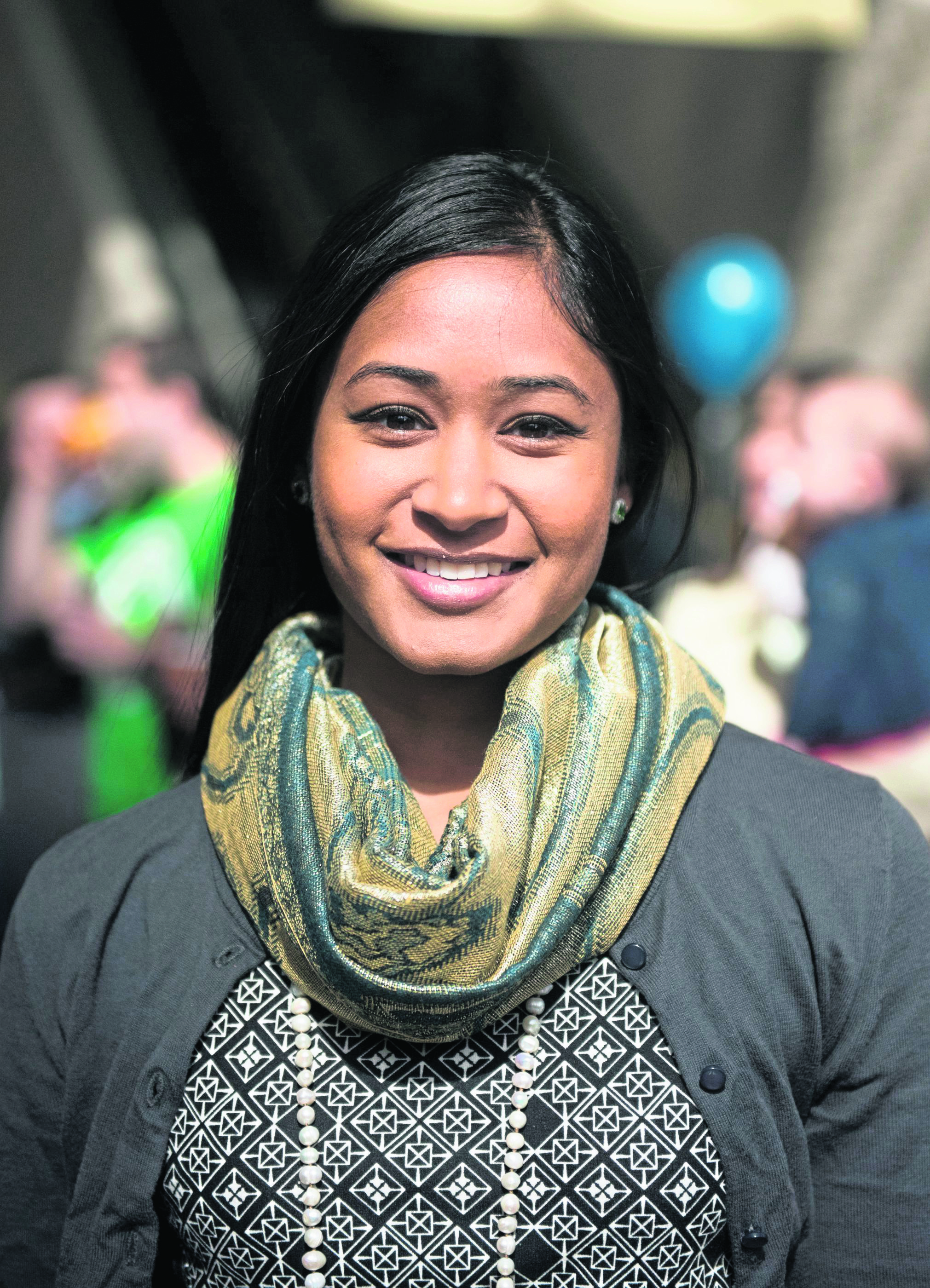
Halfway through attainting her medical degree, Nila Devanath took a slight detour — to law school.
She came back to Pitt with a Harvard University law degree.
Devanath plans to combine her legal and medical expertise with a career in health policy.
"Medicine and law are so intricately combined," she said. "Law affects everything in health care: the way physicians practice, whether health care is affordable and accessible. My ultimate goal is to get involved in national health care policy."
During law school, she worked for the Harvard Legal Aid Bureau, where she represented victims of domestic violence against their abusers. She was involved in student government as well, working on reforming Harvard's sexual assault policies. During her summers, Devanath worked in Washington, D.C., as a legal intern in the Department of Justice's Antitrust Division preventing health care monopolies and later as a summer associate at the law firm WilmerHale.
In her first year of medical school, Devanath was elected president of the Graduate and Professional Student Government at Pitt. She worked on fighting the city's tuition tax proposal of 2008 by organizing thousands of students across Pittsburgh's universities in what now is known as the Pittsburgh Student Government Council.
As an undergraduate student at Pitt, she served on the Student Government Board and worked on lobbying officials in Washington, D.C., on student aid, making late-night transportation safer for the campus community and changing the university's final examination policy to permit students to reschedule tests if they have three or more on the same day.
Devanath graduated from Pitt with honors, majoring in neuroscience, psychology and sociology. She attended medical school for two years, left for three to get her law degree and then returned to finish up.
"What I want to do with my law degree is take the experience I have in medicine and then say, "OK, I know how things are working on the ground. Here are things we can fix and what are the policies and laws affecting that,'" she said. "It's not necessary to accomplish this with a legal background, but if you know the way the law works and how it's going to be interpreted and implemented, you can make a lot of change."
Kimberly Bell
Age: 30
Hometown: Pittsburgh area
Specialty: Obstetrics-gynecology
Residency: West Penn Hospital in Pittsburgh (Allegheny Health Network)
Pressing issues in medicine: "We have great health care in America, but not everybody gets great health care in America. We need to find more ways to eliminate barriers and decrease inequalities. I am worried that a lot of people aren't going to have health care going forward."
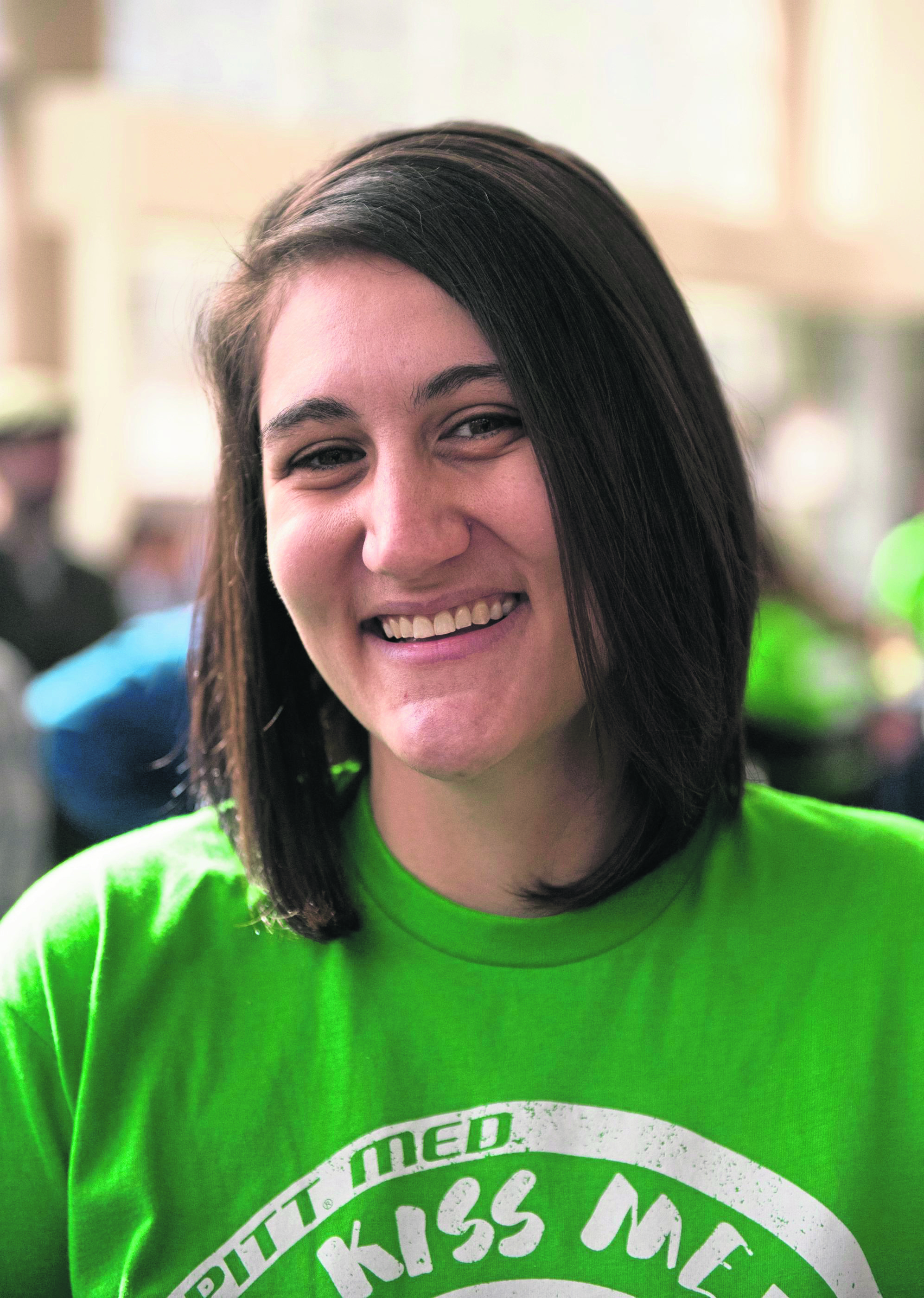
Giving birth to two daughters at a young age convinced Kimberly Bell to forge a career as a gynecologist.
She still recalls learning about embryology as an undergraduate while pregnant with her second child.
"I thought, "This is so cool, both the science and the reality part of being a mom,'" she said. "I knew from then on I wanted to be an ob/gyn."
Motherhood wasn't Bell's sole influence.
After graduating from North Allegheny High School, she enlisted in the Army National Guard and became a medic.
"I realized I didn't know what I wanted to do, and I didn't have any money," Bell said. "I figured out quickly that I wanted to do something medical."
After basic training, she reported one weekend a month and enrolled at the Community College of Allegheny County. She and her husband, John, also learned she was pregnant.
Bell later transferred to Pitt and graduated with a degree in biology. By that time, both daughters were born, Emma and Megan, now 9 and 7, respectively. She then set her sights on medical school.
"I did everything crazy early," she said. "Marriage, motherhood, med school. I didn't have much of a 20s social life because I worked so hard."
She and her husband have a good system: John Bell works from home. He is a freelance graphic designer and does work for critical care transport company STAT MedEvac.
Bell's husband designed the logo for this year's graduating class of doctors. Because Match Day fell on St. Patrick's Day, the logo is emblazoned on a green T-shirt: a circle, clover and the words "Kiss Me I Matched!"
Neil Houston
Age: 37
Hometown: Wellesley, Mass.
Specialty: Dermatology
Residency: University of Colorado Hospital, Denver (after one-year transition program at UPMC)
Pressing issues in medicine: "I think there has become such a high administrative burden of paperwork on physicians that it's really sacrificed some of the ability to spend time with their patients one on one. It will be important find a balance to where you can dedicate enough time to your patients and be there and be present and listen to their concerns."
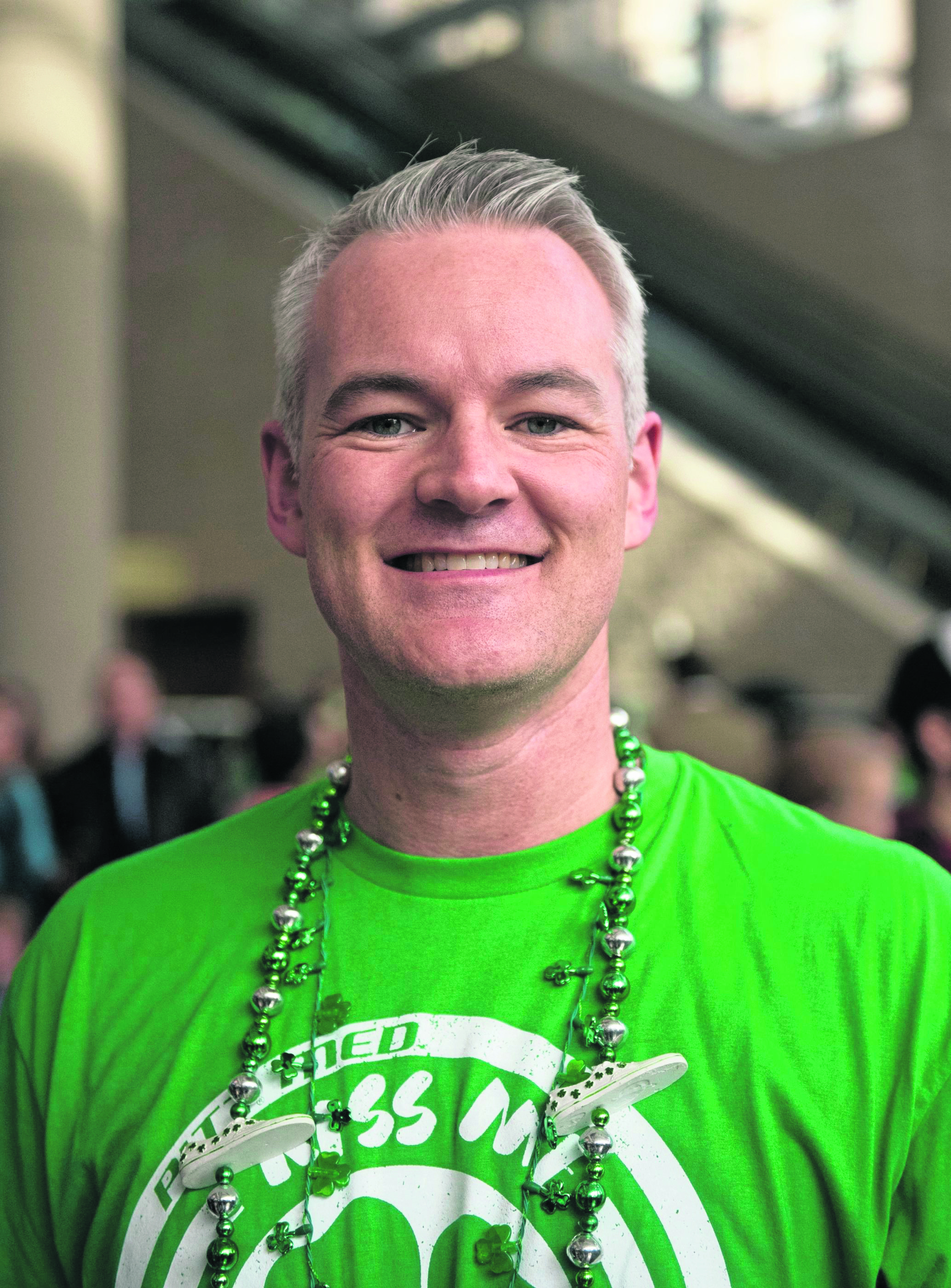
Neil Houston took a path from Starbucks to medical school with a stop as a counselor for troubled teens in between.
After graduating with a bachelor's degree in English in 2005 from Roanoke College in Virginia, Houston moved home to the Boston area and started working at Starbucks. He rose from barista to a managerial position and spent his evenings working on a manuscript.
The manuscript centered on a behavioral modification school for wayward youth in Maine known as the Elan School. Houston had two childhood friends sent there for help.
The research piqued his interest and led him to take a job as a counselor in Dorchester, Mass., at Cambridge Family and Children's Service. There he dealt with foster children or teens sent there by the courts.
"Our goal was to teach them life skills so they knew how to live on their own when they left," he said. "It was there that I really got interested in mental health and psychiatry."
By the time he applied to Pitt's School of Medicine, he shifted his focus to dermatology.
He fell into a monthlong dermatology-related position at Massachusetts General Hospital that turned into a full-time job.
"There's actually a larger mental health component to dermatology," Houston said. "A lot of people are dealing with chronic conditions that can take a toll on them mentally. Volunteering at the hospital completely changed my trajectory."

